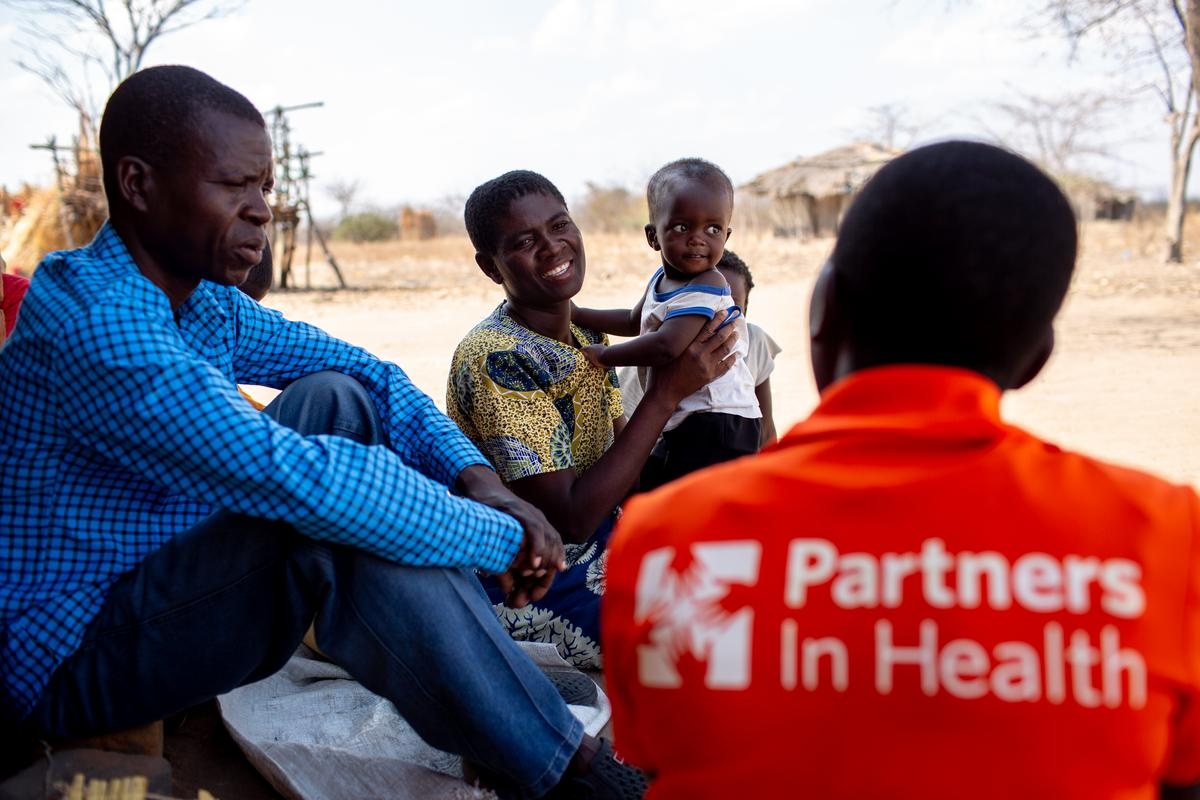5 Words and Phrases That Drive PIH’s Work
Key terms define why and how we provide care, fight injustice globally
Posted on Sep 20, 2023

Ambulances, stretchers, and bandages are essentials in an emergency response. At Partners In Health, they’re also known as “stuff”—one of five elements, which we call the 5 S’s, that make up a strong health system.
The 5 S’s were developed through our 30+ years of partnering with governments to strengthen public health systems and move the world closer to free, universal health care for everyone, everywhere.
As we’ve partnered with health systems and communities for the long-term, we’ve learned a few things about global health delivery and developed our own lexicon, made up of phrases both original and borrowed, along the way. These words describe the “why” and “how” of our work and what powers us every day, from the rolling hillsides of Cange, Haiti, to the bustling streets of Lima, Peru.
Here are some of the key words and phrases that drive our work:
1. Accompaniment
Being there, together, for as long as it takes
From Haiti to Rwanda, we care for our patients, who we often call “our bosses,” for as long as it takes, accompanying them not just during their treatment plan, but on the path to wellness. Much of this accompaniment, a concept from liberation theology, is carried out by our 10,000 community health workers worldwide—local residents hired and trained to provide basic health services and to help patients navigate the health system.
2. Pragmatic solidarity
The idea that compassion, or “suffering with,” is not enough—it must be linked to practical efforts to stop the suffering, with actions and solutions led by those most affected
Pragmatic solidarity is a social justice approach that combines immediate, practical action, such as providing medical care, with responding to the root societal causes of suffering and injustice. Importantly, these actions and solutions are led by those most affected. Solidarity alone won’t heal communities. Medical expertise is also insufficient on its own. Caring for patients means treating the medical aspects of the disease along with the structural violence that caused it. Guided by this concept, PIH provides not only medical care, but also social support such as food, housing, and transportation.
3. Health care is a human right
The belief that all people, everywhere, deserve to be healthy
The right to health is core to PIH’s mission and underscores all aspects of our work, from clinical care to social support to advocacy efforts. All people, regardless of race, gender, social class, nationality, or other markers, deserve unconditional access to free, comprehensive health care.
4. Preferential option for the poor
The idea that we must put the needs of the most vulnerable first
This phrase, which has its roots in liberation theology, has been part of PIH’s work since our earliest days. In a global health context, it means making sure those who live in impoverished countries have access to the highest standard of care possible—the same standard of care available in wealthy countries and that we would want for ourselves and our families.
5. The 5 S’s
Staff, stuff, space, systems, and social support—the essential building blocks of a strong health system
At PIH, we view strong health systems as having five key ingredients: staff, stuff, space, systems, and social support. We call these elements the 5 S’s. To provide the highest standard of care, health systems must have well-trained, qualified staff; tools and resources to deliver care; safe, dignified spaces with capacity to serve patients; effective systems for patient care, leadership, and governance, and social support that is essential to care, such as food, housing, and transportation.

